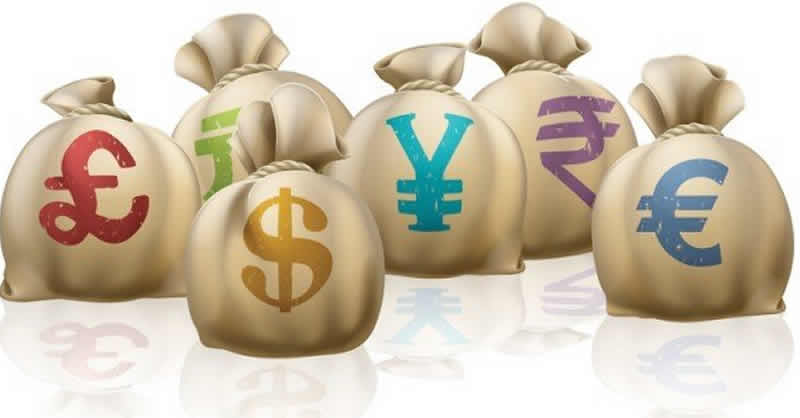As the grips of inflation are tightening harder in Nigeria, investors have continued to ignore investment opportunities in Africa’s biggest economy. Either due to security concerns or investment security, Nigeria is becoming less attractive to investors.
By the numbers
According to the Nigerian Investment Promotion Commission (NIPC), the country’s economy attracted $23.3 billion in 2021, $6.6 billion more than the $16.7 billion recorded in 2020. However, according to the National Bureau of Statistics (NBS), in the first six months of this year, Nigeria has only managed $3.1 billion in investments ($1.5 billion in the first quarter and $1.53 billion in the second quarter).
State of play
The number of states in the country reporting capital investments over the last four years has continued to dwindle. While in 2019, at least 20 states reported capital inflows in the first six months of that year, this year only seven states including only Anambra, Ekiti, Katsina, Kogi, Lagos, Oyo, and Plateau have registered significant investments.
- Gombe, Jigawa, Kebbi, Taraba, Yobe, and Zamfara have not registered a single investment in four years.
The Big Picture
Africa’s largest economy is falling off the pecking order when considering African destinations for investments. A recent report by RMB, an African corporate and investment bank, failed to name Nigeria amongst the first 10 countries on the continent to invest in. The bank ranked Egypt, Morocco and South Africa as the top three countries to invest in on the continent, while the likes of Mauritius, Tanzania and Cote d’Ivoire made the cut.
- This ultimately shows how unattractive the Nigerian economy and states have become.
Looking forward
The federal government needs to address concerns of investors, including instability of Naira and the disturbing height of insecurity in the country, as Nigeria possesses huge economic potential.

